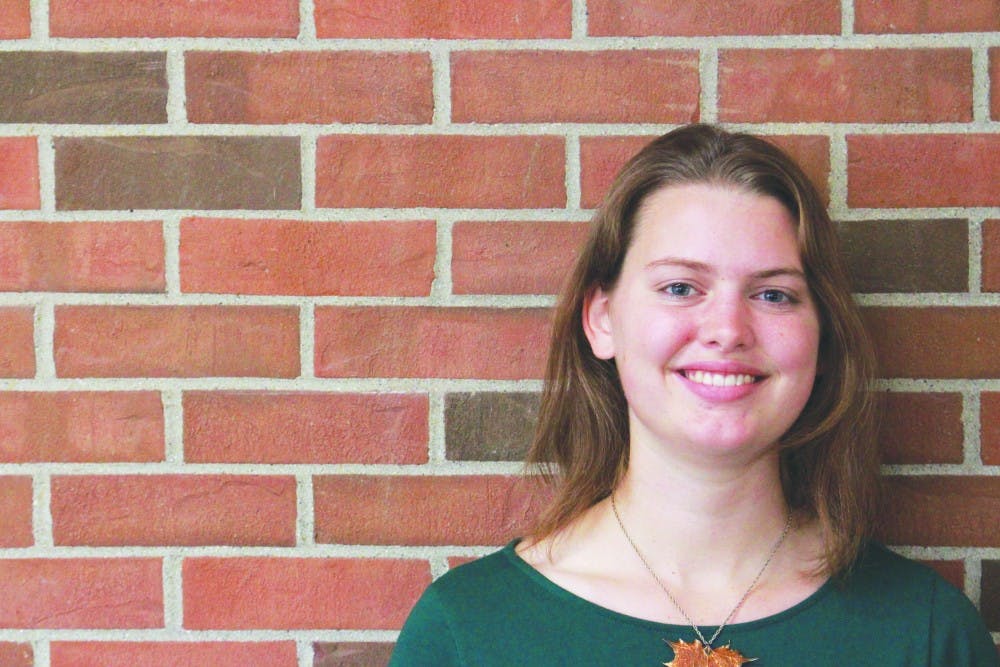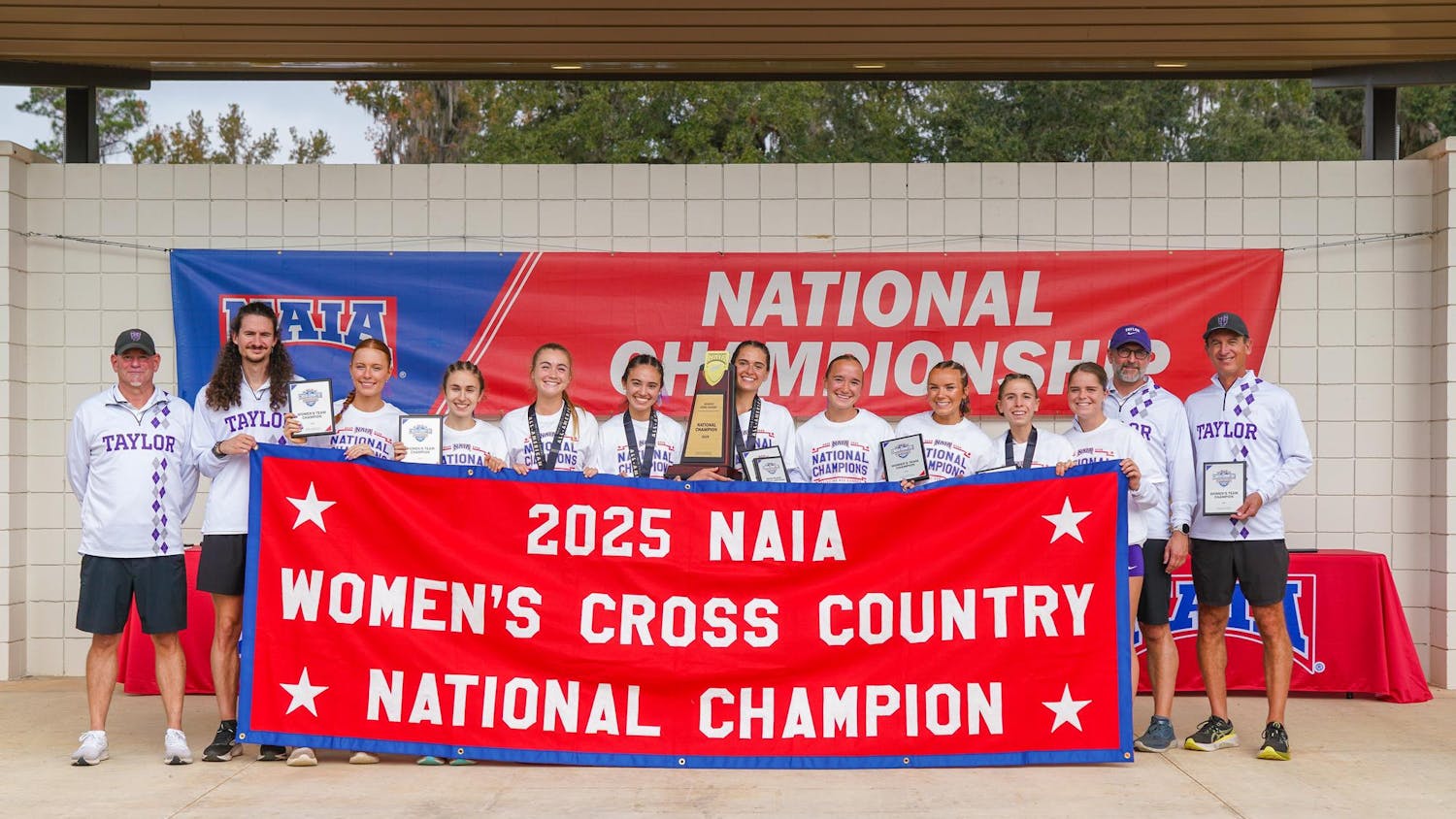By Chrysa Keenon | Echo
Food for Thought began in April 2017 when Enactus became an official chapter of the Food Recovery Network, according to project manager and junior Jenny Nelson. The Food Recovery Network collects food made by local restaurants and Taylor's Hodson Dining Commons (DC) that doesn't get served, and donates the meals to local food pantries and nonprofits.
"The idea and concept for Food For Thought as a project all began with a speech I gave my freshman year about inefficiencies in our food system," Nelson said. "In the Spring of 2016, with the help of one of my professors, we began forming a group called Food For Thought with people from all different majors who wanted to see the food practices on campus change and become more sustainable."
According to Nelson, recoveries are done twice a week on Mondays and Fridays. Workers at the DC put the unused food on storage trays which are picked up and delivered to St. Martins. Only two recoveries have happened so far this semester, but Nelson said over 400 pounds of food has been donated.
According to Director of St. Martins Community Center Theresa Campbell, St. Martins feeds over 7,000 breakfast and lunch meals per month.
"Getting those reclaimed meals is very, very wonderful for us because we can have a quicker meal," Campbell said. "We have more supplements to people, (and) there's a wider range of food."
Campbell explained the varieties of meats and vegetables are unique to their regular provided meals, giving new choices to those families who eat at the center. According to Nelson, Taylor students have been volunteering to serve those meals every Saturday morning.
The effect of Food for Thought doesn't end there. Food Recovery Assistant Manager and junior Kendra Smalley said there is a subproject of setting up a compost pile to create nutrient-dense soil for campus use.
"One of the things I appreciate about Food for Thought is the perspective it gives me," Smalley said. "By researching how wasteful the university is, my eyes have been opened to the little ways I am wasteful, as well as how I can live more sustainably. . . . I love that we are helping both the environment and the community. It's a great way to get involved and volunteer, and it doesn't take a huge time commitment."
Campbell wishes for the program to expand in means of student volunteers and eventually be able to take donations to the RedBarn in Upland. If students would like to volunteer for the food recovery program, email junior Brianna Pollina at brianna_pollina@taylor.edu.





